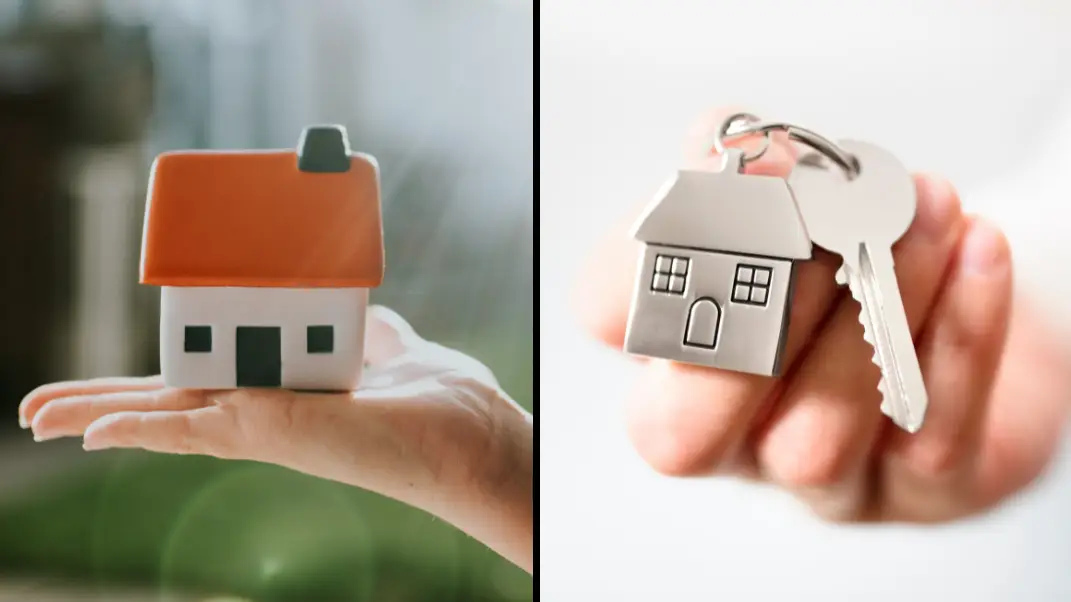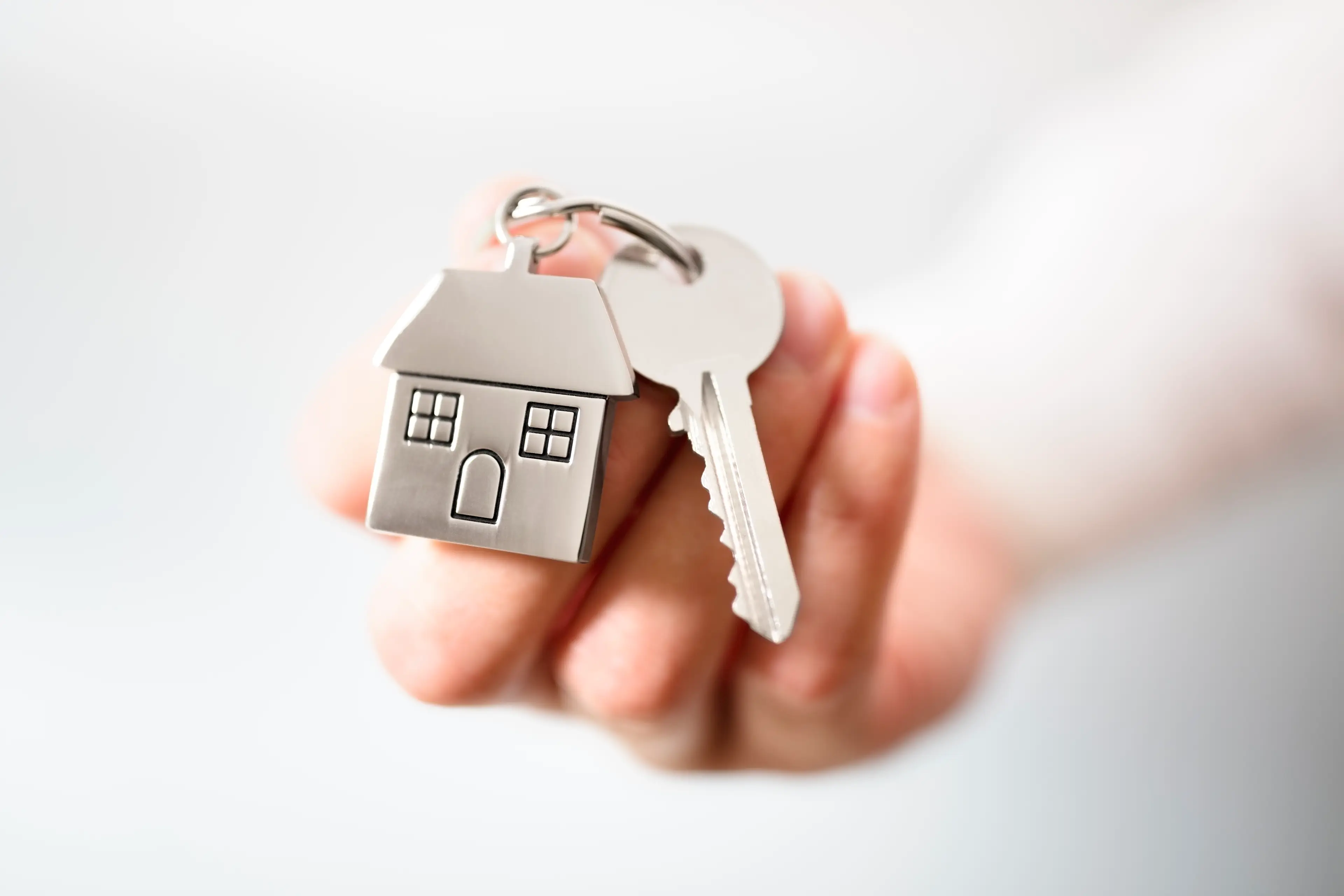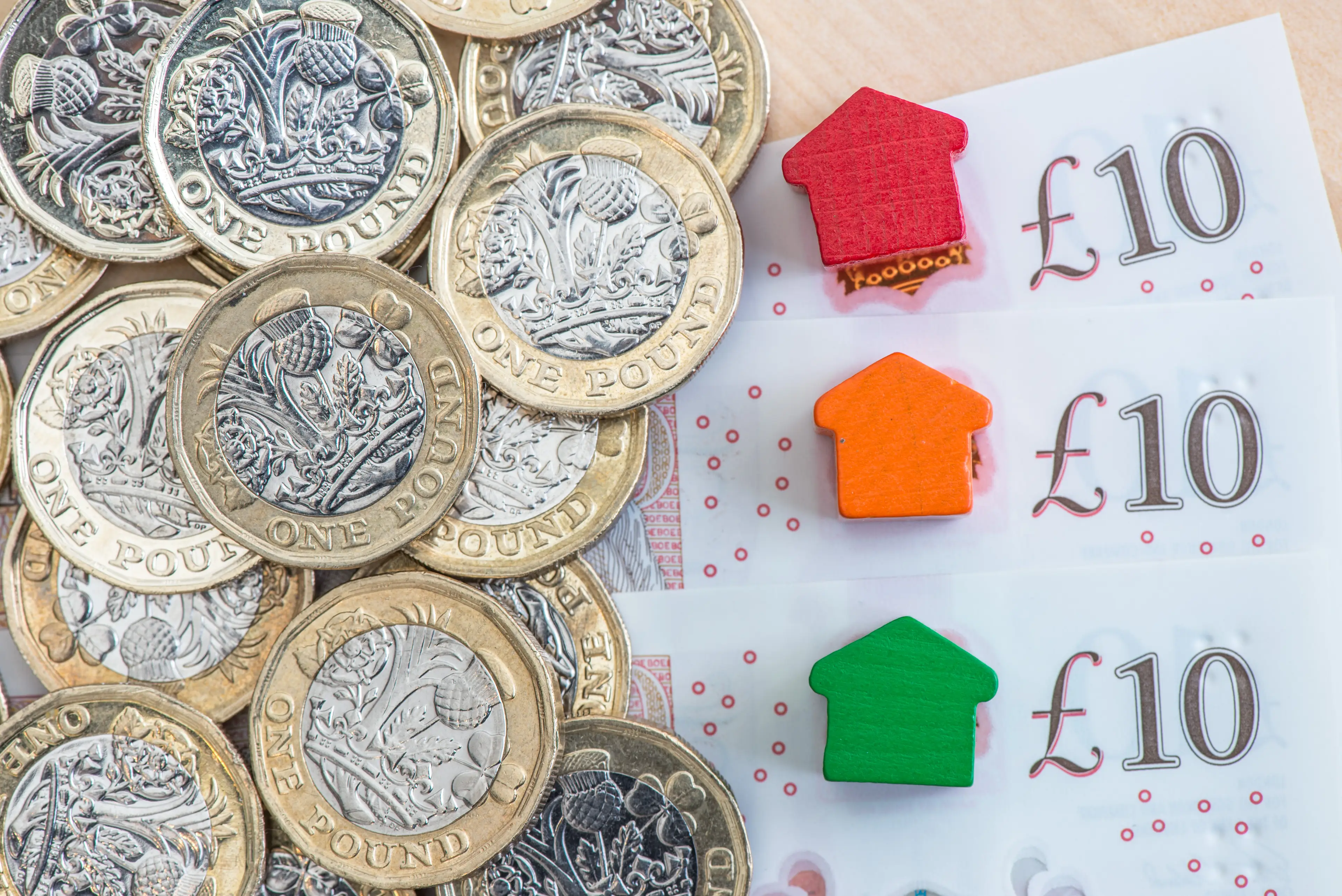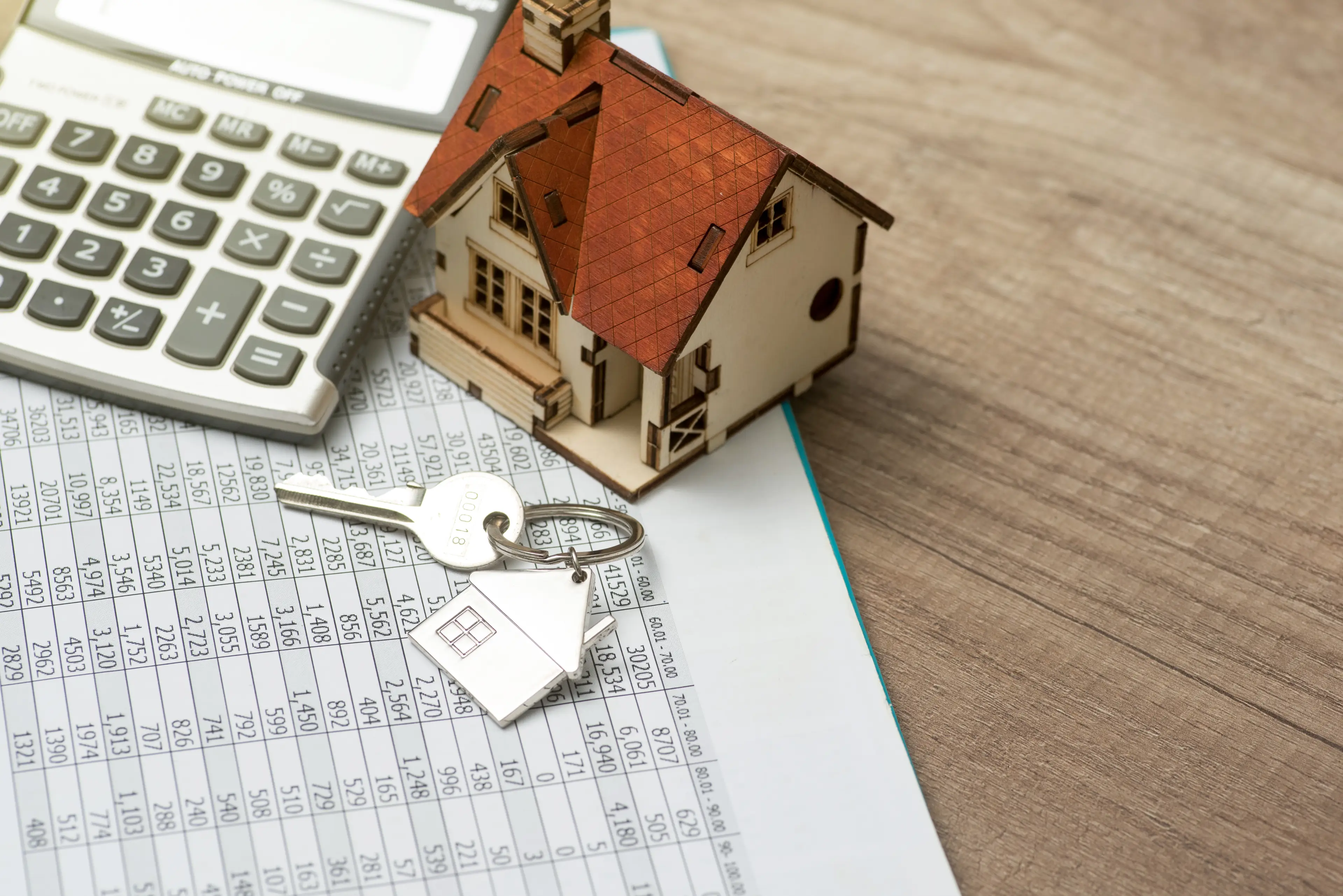
Finally securing a mortgage can feel like winning the lottery, with the stars having to very much align to make sure you cross all the t's and dot all the i's on the deal.
You've got to earn enough to make sure you can pay back the monthly repayments in a period where interest rates remain above five percent.
And you've got to make sure you earn enough to afford a property that is usually a maximum of 4.5 times your salary. That is also why being in a long term relationship is essential for many - the combined income makes things so much easier.
Advert
This week, Yorkshire Building Society (YBS) has launched a brand new 1% mortgage scheme, where you need just £5,000 to buy a house that's worth up to £500,000.
It's expected to be a big help for many, with the usual five per cent to 10 percent deposit a thing of distant memory for those trying to save in a cost of living crisis.
But is it the best deal for you? You might also have heard of zero percent mortgages, where you don't need to put up a single penny to secure your brand new house of flat.

1% deposit mortgage advantages
As we said, YBS has launched its new one per cent scheme, where you can pay just five grand for the property.
The benefits of a one per cent mortgage are you need a lot less cash to buy a house and you can get on to the property ladder a lot earlier than you might have otherwise been able to before upgrading to a 'better' property as your personal financial circumstances (hopefully) get better.
You could also make money off of it by building up equity in your home. If your house value increases to a point that is more than your overall mortgage, the excess money is yours. This can be tens of thousands of pounds if the property market booms.

1% deposit disadvantages
You're going to get high interest rates due to the risk banks or building societies attach to giving you a mortgage when you've a very small deposit to offer them.
They will see you as a bigger risk than if you put in five percent or 10 per cent.
If you were to offer up a 10% deposit right now, the interest rate could be 3.41 per cent, according to our checks on TotallyMoney.com. On a house worth £250,000, that's £1,159 a month. So if you offer up just one per cent expect the monthly payments to be pretty high.
Another issue is if the value of your house actually falls from when you bought it; something called negative equity.
You can usually only sell in this situation if your mortgage provider allows it as they could end up with less cash. You'll also have no equity from the process.

0% deposit mortgage benefits
You'll not need to pay anything if you take up a zero per cent deposit mortgage deal. They are also called a no-deposit mortgage.
The entire process isn't cost-free, with legal fees still part of the deal as well as paying for surveys, mortgage fees and even stamp duty, depending on the value of the property.
After the 2008 financial crisis, the Financial Conduct Authority (FCA) made it harder for banks to hand out zero per cent schemes so as to make sure people could actually afford repayments and to limit repossessions.
CompareTheMarket says you can still get a zero per cent scheme but that it is 'tricky'. It explains: "No deposit mortgages are no longer widely available, although some lenders do offer them. If you need a 100% mortgage it can be a good idea to talk to a mortgage broker who can look at all the mortgages available to see if any are on offer. If you’re offered a mortgage without a deposit, it’s likely to be either a guarantor mortgage or a family deposit mortgage."
Like with one per cent mortgages, you will need a lot less money to get on to the housing ladder.
And if the property market booms, you'll end up with more cash from your inflated house price.

0% deposit mortgage disadvantages
As with one per cent schemes, you should expect to pay higher interest rates.
The more you put towards a deposit, the better interest rates you're usually given by a bank or building society.
Negative equity is also a big risk as it is with a one percent scheme.
Verdict?
Both are really similar. And the verdict among many experts is to avoid both if you can.
A healthy deposit is essential to securing a good deal with a mortgage.
If you can't afford one you might not be in the right financial position to be taking on hundreds of thousands of pounds in debt - that's what a mortgage is, essentially.
Peter Stimson, head of product at MPowered Mortgages says: "We really don't think one percent deposit mortgages are a good idea. It's just another gimmick initiative that is doomed to fail.
"With virtually no deposit, the price of these mortgages will be reflected in the risk, i.e. they will be very expensive.
"Instead, the Government should be focused on fixing the fundamental issue, which is a lack of housing stock and affordable housing."
As far as we're concerned, this mindset can apply to zero and one percent schemes.
Topics: Cost of Living, Home, Money, News, UK News